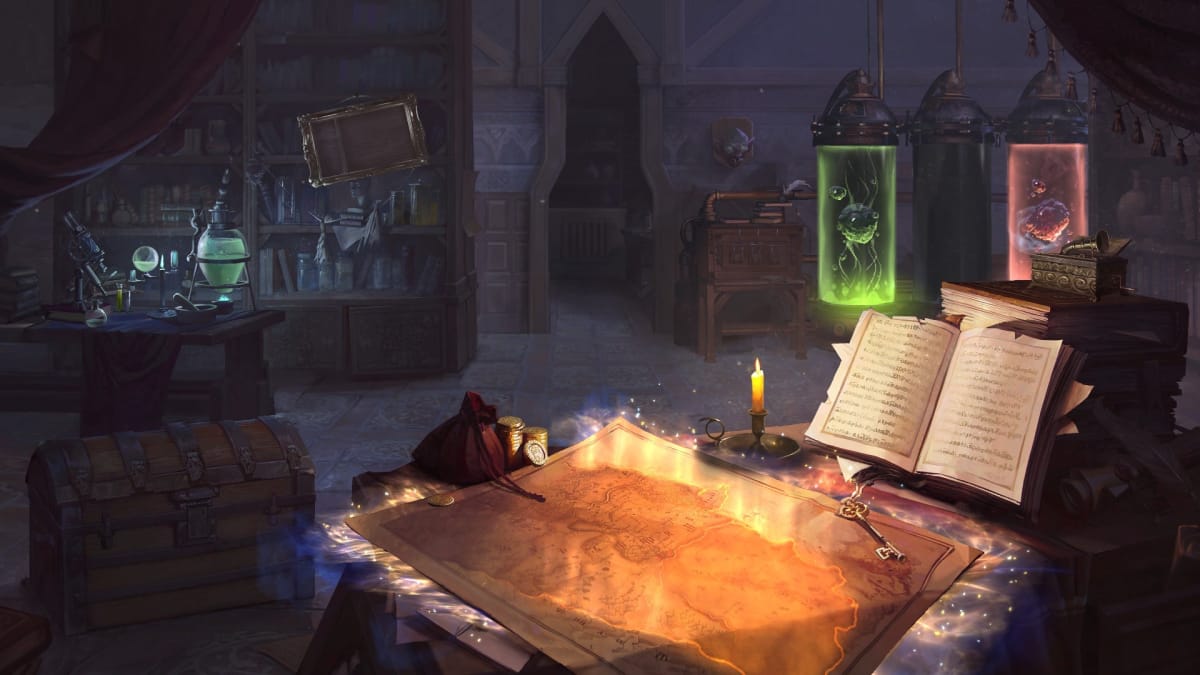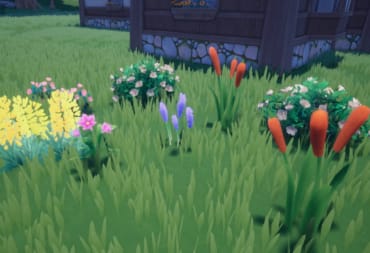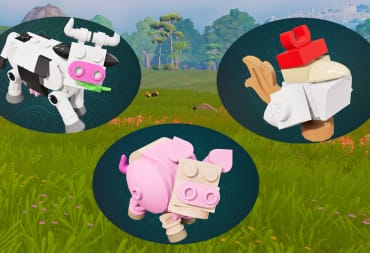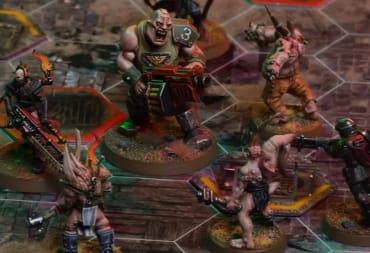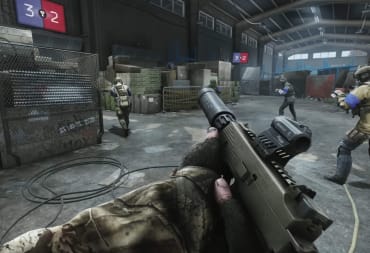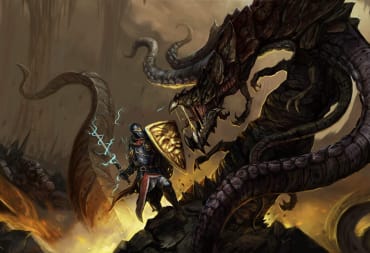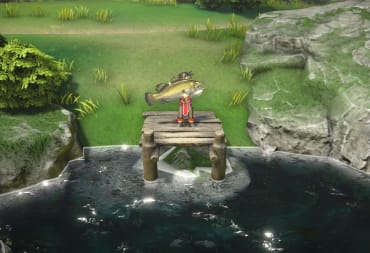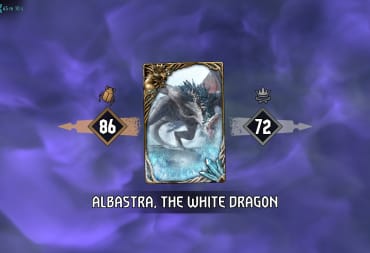Recently, CD Projekt Red released a new standalone single-player expansion to their Witcher card game spin-off, Gwent. However, in spite of lax marketing and low word of mouth, there are some substantive changes to the overall experience that makes it stand out. But where to start? This is our Gwent: Rogue Mage Starter Guide.
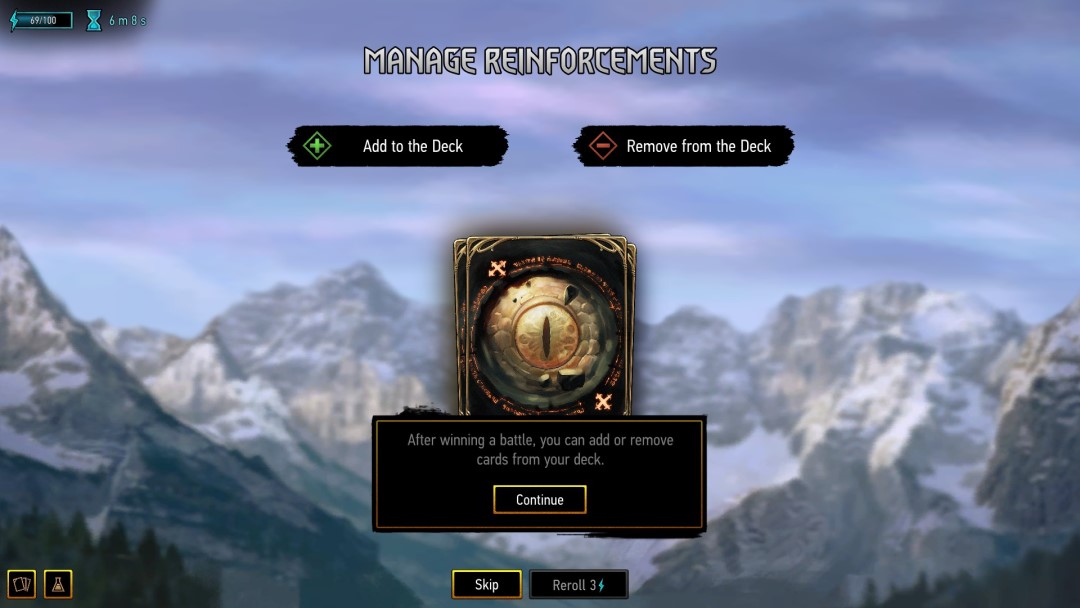
Gwent: Rogue Mage Starter Guide | The Anatomy of a Run
In the broadest strokes, Gwent: Rogue Mage still uses the same card combat structure as its main game counterpart. You and your opponent will still play cards in alternating turns across two different rows, activating special abilities to manipulate the board until your combined attack numbers are greater than theirs.
But that core loop has come with some revisions and a brand new narrative structure. All of the base game's original factions: Nilfgaard, Scoia'tael, Northern Realms, Skellige, Sindicate, and Monsters, are completely gone along with several hero cards. This is because this single-player game is a prequel set hundreds of years in the past.
This prequel story is what frames each run of Gwent: Rogue Mage. You move from location to location on the area map, triggering encounters as you go. Those events are as follows:
- Battle: You play a game of Gwent with an AI opponent. If you win, you either gain one of three new cards or can remove one of three cards from your deck.
- Elite Battle: This is a Gwent boss battle against a tougher AI. In addition to gaining or destroying one of three cards, you gain the option to improve the leader card in your deck if you win.
- Event: You stumble upon a random event depicted in text. You will be given several options on how to proceed. These choices can lead to rewards like new cards or unit improvements as well as consequences.
- Treasure Chest: It's a treasure chest. Click on it and you'll get a new card added to your deck.
- Place of Power: You can either regain lost Power or the ability to Enhance, Remove, or Add a card to your deck.
Whenever you lose a match, your run ends and you return to Alzur's Laboratory. This is where Gwent: Rogue Mage's roguelite elements come into play. You gain experience after every run with character options unlocked as you level up. These include new cards being added to the loot pool, new artifacts you can equip for passive abilities going forward, and even the ability to start a run with a completely different deck of cards.
Finally, there are mutagens. You only unlock these once you've won a boss battle, but will give you more options to boost abilities, enhance cards, and even modify your deck.
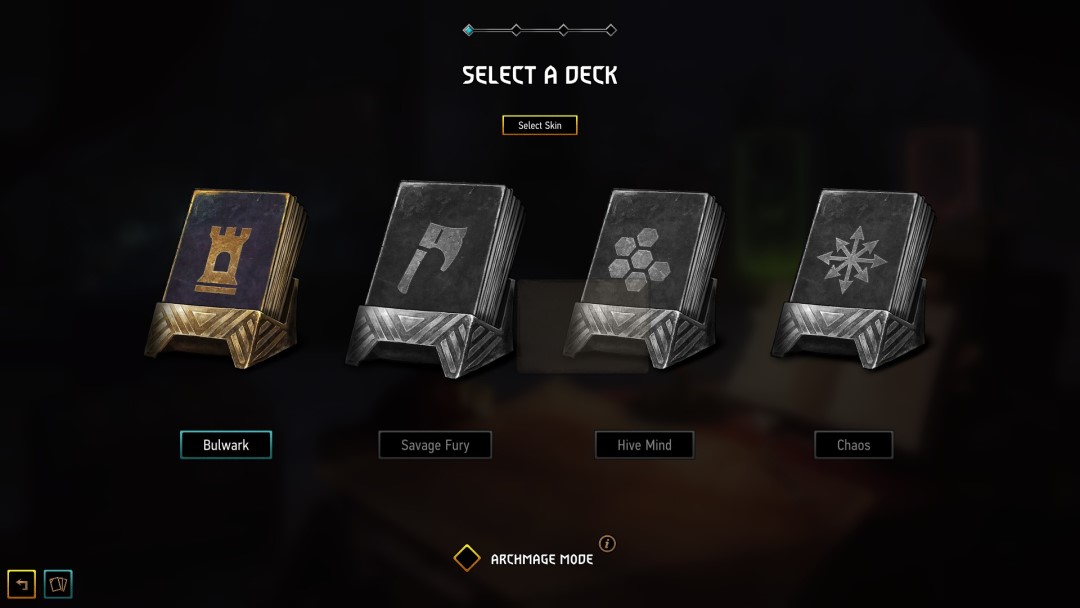
Gwent: Rogue Mage Decks and Mechanics
As mentioned before, the familiar factions and playstyles found in the base version of Gwent are not present in this single-player expansion. These have been replaced with four starting decks which are characterized more by playstyle than theme.
Since this guide is meant to be more of a primer than a comprehensive guide to these decks, we will focus on the first two:
- Bulwark: This is your starting deck. Overall, what makes this deck work is overlapping card effects that boost nearby units and give them armor. Your focus is less on killing your opponents cards and more on boosting yourself up. There are cards that can destroy high power cards that are tied to these mechanics so you do have some offensive options.
- Savage Fury: You unlock this deck at level 15. This is a much more aggressive deck, featuring units meant to break down enemy units with overlapping effects and kill abilities. There is more inherent risk with this deck since certain cards can transform into stronger units, but they also damage cards you own. This is a very tempermental deck that will take some getting used to.
In addition, there are magic spells you can cast during these matches. Simply click on Alzur's character model on the left side of the screen and you can cast one of three spells. These spells range from dealing damage to an enemy unit, empowering one of your own units, and randomly summoning a unit to your field. Most of these spells have a cooldown of about one turn. Each of these spells cost Power which you can only regain at Places of Power or by starting a new run.
While these spells are helpful, cast them wisely. If it's possible to win a match against a regular opponent without using a spell, hold off. This is because Gwent: Rogue Mage has some truly challenging Elite Battles and Boss Fights packed away. You will need every edge you can get there.
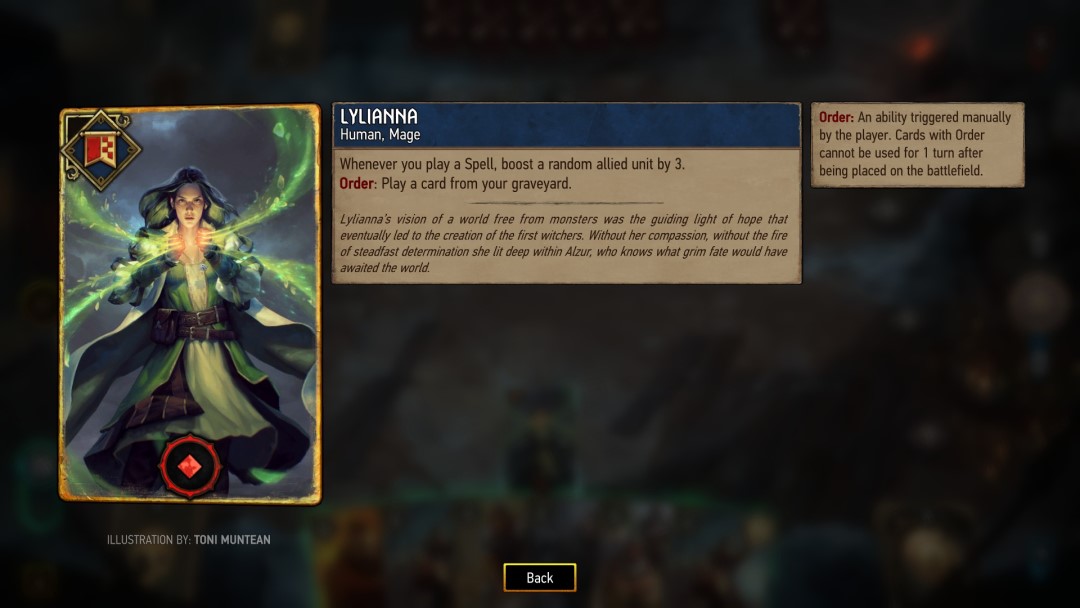
Finally, there are what we will call Banner Cards. These sort of operate like Commander cards from Magic: The Gathering. They're always on the field and offer some sort of benefit like passive abilities or a one-off power. Pay attention to what Banner Card your opponent has whenever you get into a match, it will give you some insight into what their deck's strategy is.
By that same token, don't forget about your own Banner Card: Alzur's assistant Lylianna. Her ability is quite potent if you know what you're doing. Once per match, you may play a card from your discard pile. This can be a unit that you lost, or even a spell that you cast recently. If it is a spell card that you are recasting, it does not cost additional energy. Furthermore, every time you cast a spell, Lylianna randomly boosts the attack value of one of your units. If used properly, these card effects can turn around a game in no time.
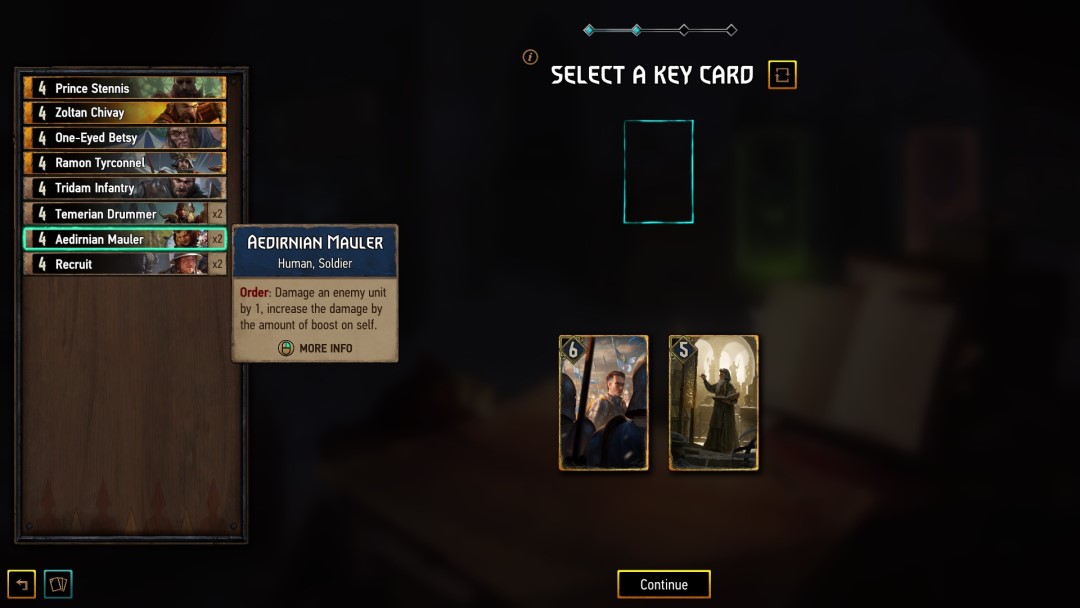
Gwent: Rogue Mage Tips and Tricks
Finally, we will leave this guide with some helpful tips and reminders as you check out Gwent: Rogue Mage.
- Manage Your Deck's Size: You will only be able to draw five cards from your deck, one per turn, during every match you're in. With this in mind, you should always keep in mind what cards you are willing to drop to make room for enhanced ones that fit your strategy better. More cards in the deck just means less of a chance of drawing what you need.
- Try Out New Spells and Key Cards: Whenever you start a new run, you will have the ability to swap out Alzur's spells as well as choose a new Key Card for your deck. A Key Card is a powerful card that typifies your deck's key strategy. Choosing a different Key Card also affects your deck's composition to an extent.
- Play Events Conservatively: There are certain Events in the game that carry risk. These usually result in Wound cards being added to your deck. These are pure garbage that can interrupt a match at the worst possible time. Unless you have plans to cycle them out any time soon, try to avoid such risk. There's always a Place of Power you can go to that may offer you similar help with less risk.
- Fight At Least One Elite Battle Per Map: While it would be wise to play safely until the boss battle, winning an Elite Battle can greatly pay off long-term. Yes, there are inherent risks, but if you stick to your deck's playstyle fundamentals you should be fine
- Set Up Frequent and Often: Much like Gwent classic, you only have so many turns for your strategies to go off. If you have an ability that slowly ramps up in power, play those as soon as possible and let it play out. Don't hold on to cards deal effects over time until the end. You will lose a lot of their intended effects
Have a tip, or want to point out something we missed? Leave a Comment or e-mail us at tips@techraptor.net
